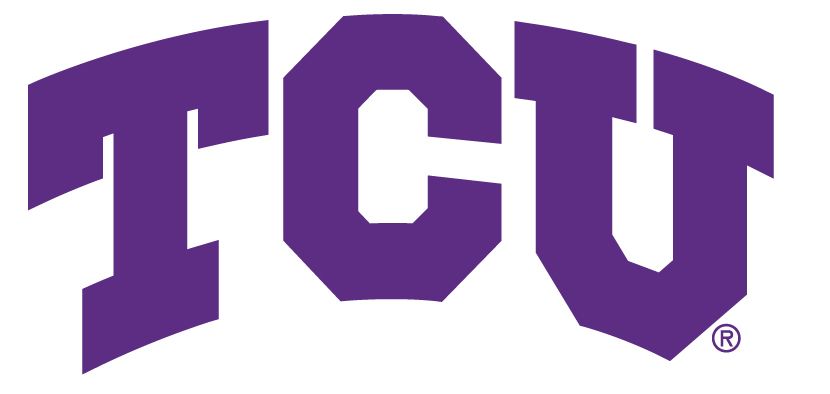Can Admissions Be Both Competitive and Kind?
This University Says Yes

Increasingly competitive admissions requirements, excessive achievement pressure at the high-school level, and a generational ethos where one’s admission status is often showcased publicly among peers on social media means that students face immense mental and emotional stress when considering the next step in their educational journey.
The Office of Admission team at Texas Christian University (TCU), in Fort Worth, Tx., understands this pressure and knows how much their work impacts the well-being of prospective students and their families. That’s why they’re pushing back against the stressful system and prioritizing mental health for applicants who want to attend their university.
Heath Einstein, dean of admission, and the newly named vice provost for enrollment management, wants to ensure the admissions process at TCU doesn’t add to this stress by instituting new applicant-friendly practices centering on kindness, prioritizing student well-being, and making personal connections.

By easing back on Advanced Placement (AP) class assessments and standardized test scores in the admissions process, TCU reduces stress without lessening the academic strength of their student body. Overall test scores of incoming classes improve every year — with a 55 percent increase since fall 2020 in the percentage of incoming students ranked in the top 10 percent of their high school graduating class. Plus, shifting focus towards a compassionate and people-first admissions process helps TCU cultivate a campus community with the happiest students in the nation, according to The Princeton Review.
Einstein reinforces these results with another telling figure: TCU’s retention rate has risen to 94 percent, which is on par with some of the nation’s most prestigious institutions.
Here, Einstein shares a few core concepts that any institution can adapt to make their admissions process kinder.
Lead with positivity and make personal connections
For a process that’s often explained to students as a numbers game, applying to college can feel like throwing their name into a pile — one of the several thousand yeses, nos, and maybes. At TCU, the objective is making sure that each prospective student — regardless of how many applications are submitted in a given admissions cycle — feels seen and heard as a unique individual.
“Admissions leaders need to continue to personalize and humanize the process,” explains Einstein. “If you speak to folks in my profession, we try to help students see the joy in the college application process — it can be one of self-discovery and exploration and fun. But that message somehow is not always getting through.”
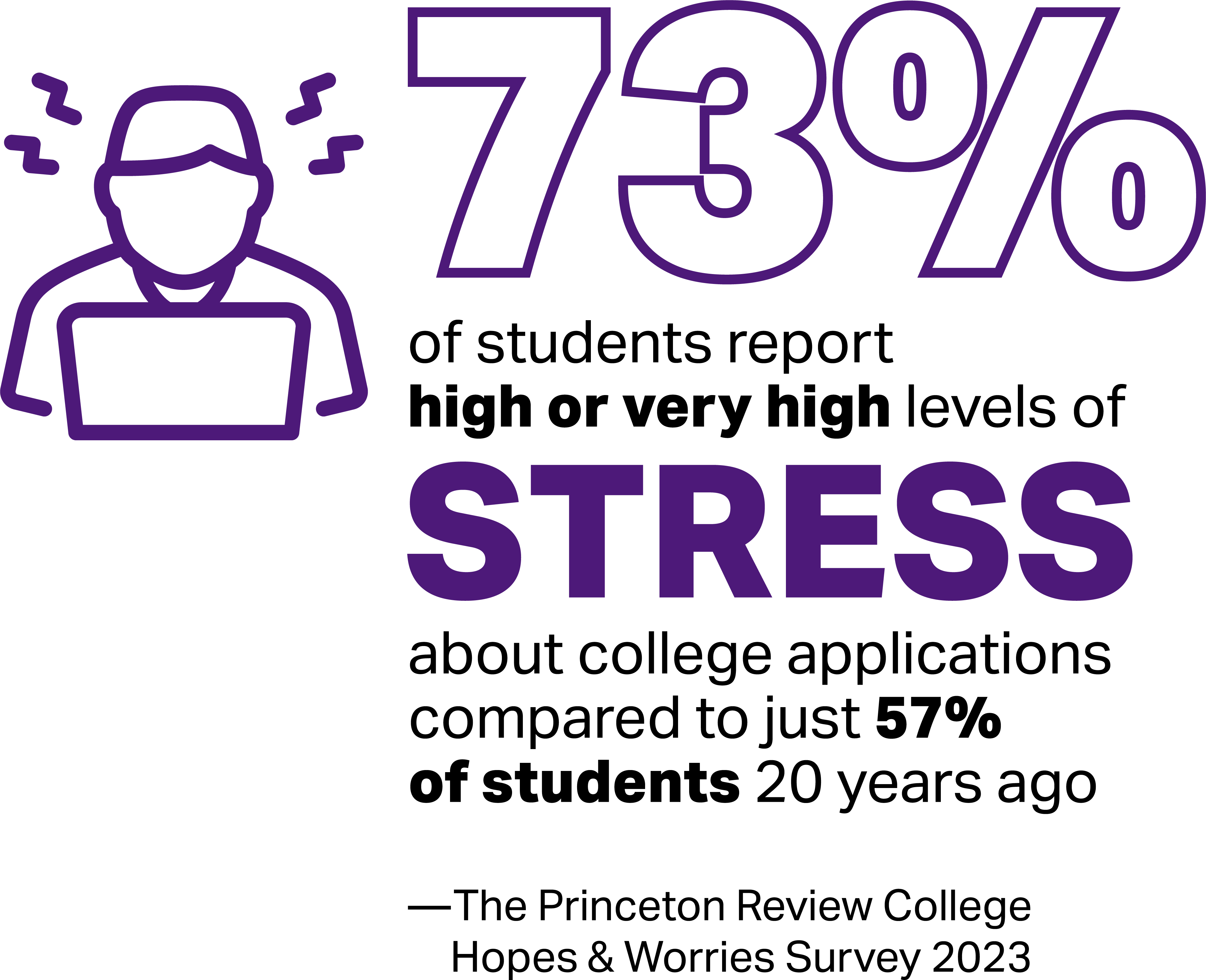
He points to a landmark 2015 New York University (NYU) study indicating that high school-aged students experienced significant levels of chronic stress related to their academic performance and to whether or not they’ll get into the college of their choice. They’re predisposed to see the complexity of the process as just another hurdle to get over on their path to adulthood.
“We want students to find happiness and joy in this college search process,” says Einstein. “And part of that is expressing that they are likely to find a happy campus once they come to TCU.”
“Students should follow their interests and their passions. I don't think the message needs to be ‘You have to take every advanced class,’ because that adds unnecessary stress, whether spoken or implied. What students internalize is ‘I'm not enough and I'm not doing enough.’ And then what happens if they do all those things, and they still don't get in? That's a problem.”


Update requirements to showcase talent over test scores
In an environment where young adults may feel they haven’t achieved enough compared to their peers, TCU gives prospective students the opportunity to showcase their academic performance without relying solely on traditional benchmarks.
The aforementioned NYU study shows that excessive achievement pressure — taking as many AP classes as possible to elevate their academic experience — had diminishing returns after a student took four to six. This is why Einstein and the TCU admissions team updated their curriculum rigor requirements in 2019. The update gives students who demonstrate success in those four to six courses the maximum score on their assessments, eliminating the pressure to take more without taking away from students’ academic drive.
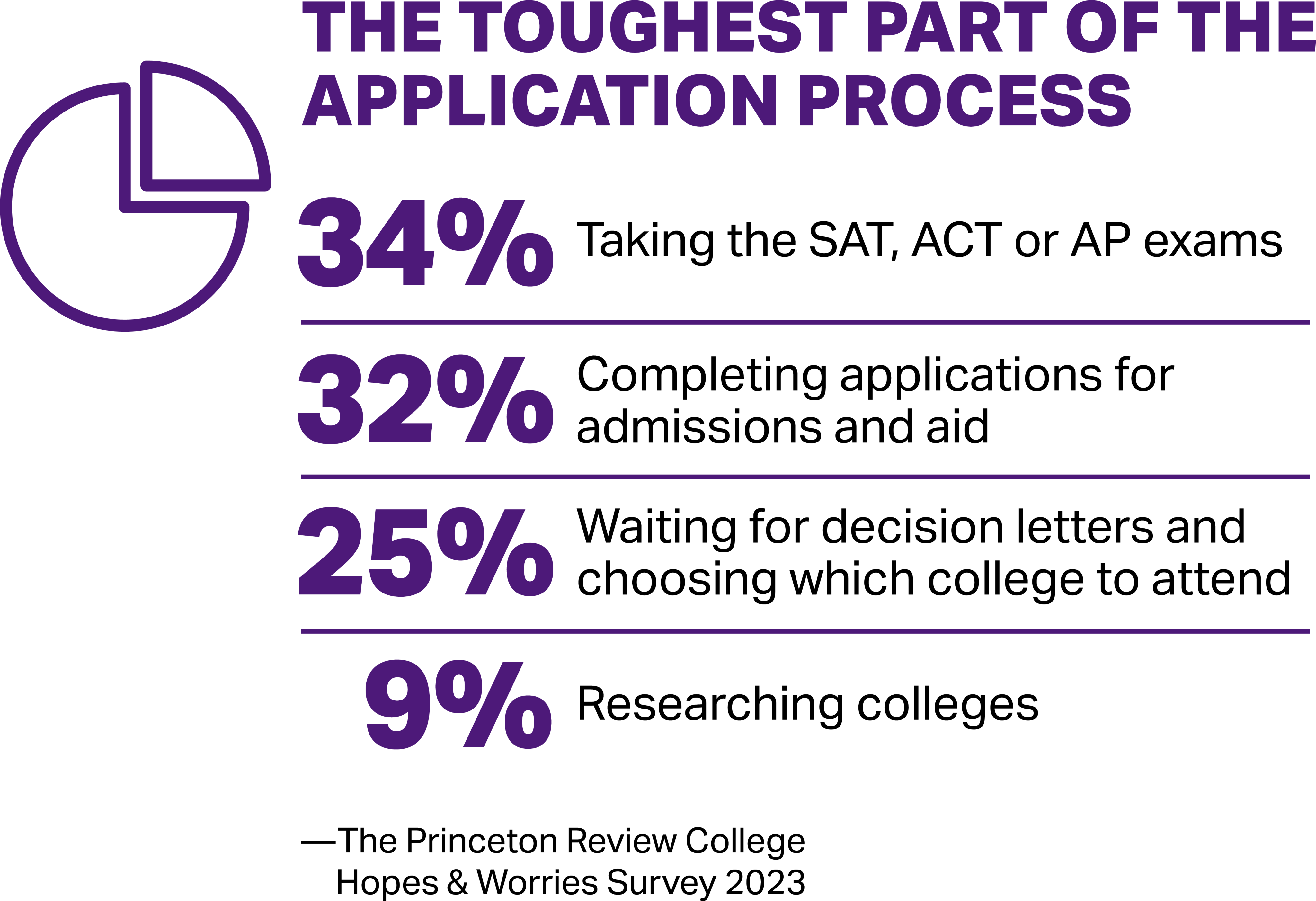
These AP class recommendations work in tandem with TCU’s “Do No Harm” policy, which addresses the impact of standardized testing stress on incoming students. For TCU admission, if a standardized test score would negatively impact the prospective student’s academic profile score, it is ignored.
“We will run the students through our process two times, once with a score and once without a score, and whichever generates a higher academic profile score, then that's what we're going to go with,” explains Einstein. “Standardized tests are just one piece of a larger analysis that we do of each student’s academic preparation.”
The admissions team makes sure these applicant-friendly policies are clear. “We have one approach of the maybe half dozen different kinds of test-optional policies that exist out there, which is why we very clearly outline it,” says Einstein. “We talk about our test-optional approach when students visit campus and when we visit them in their high schools.”
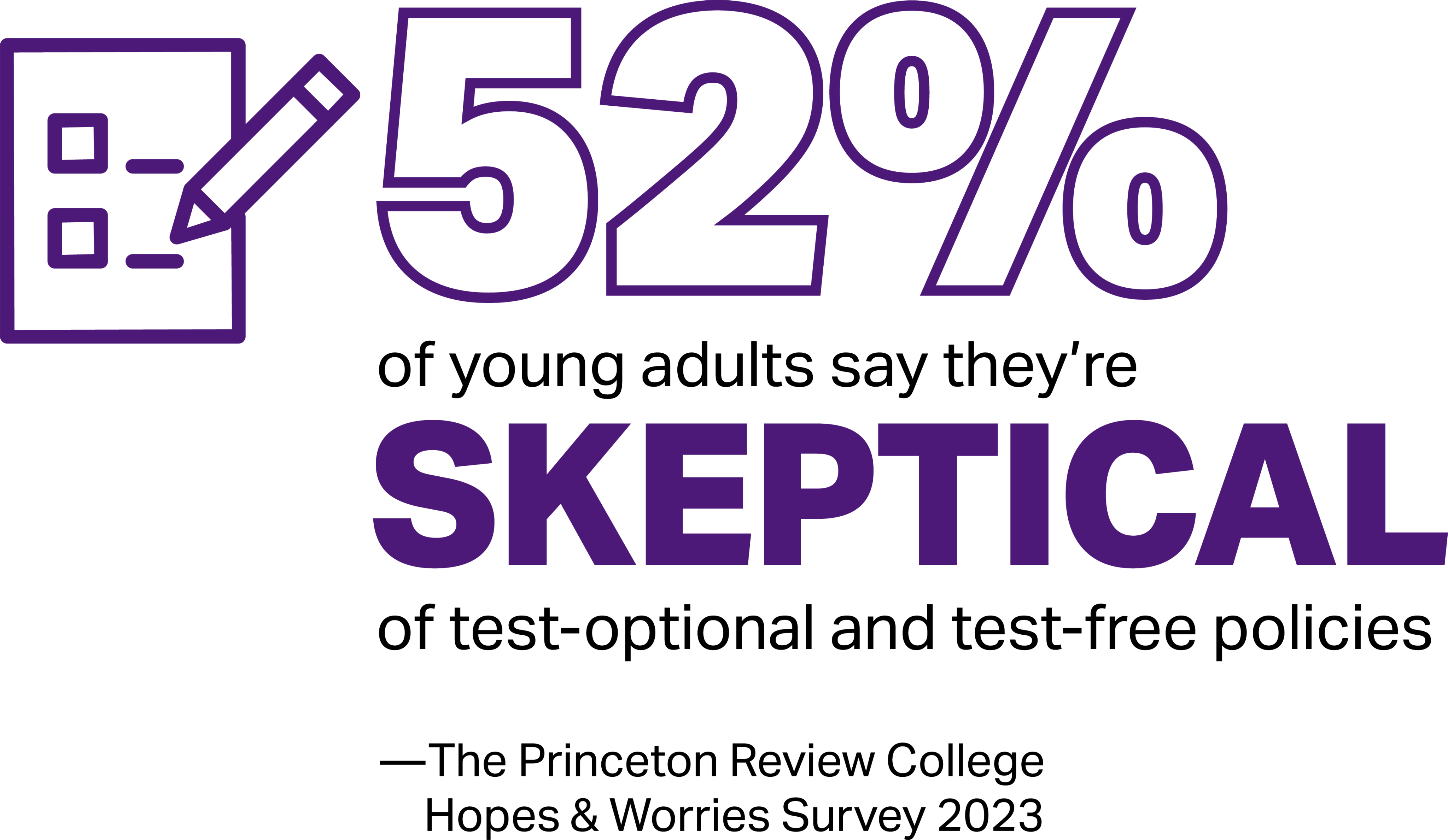
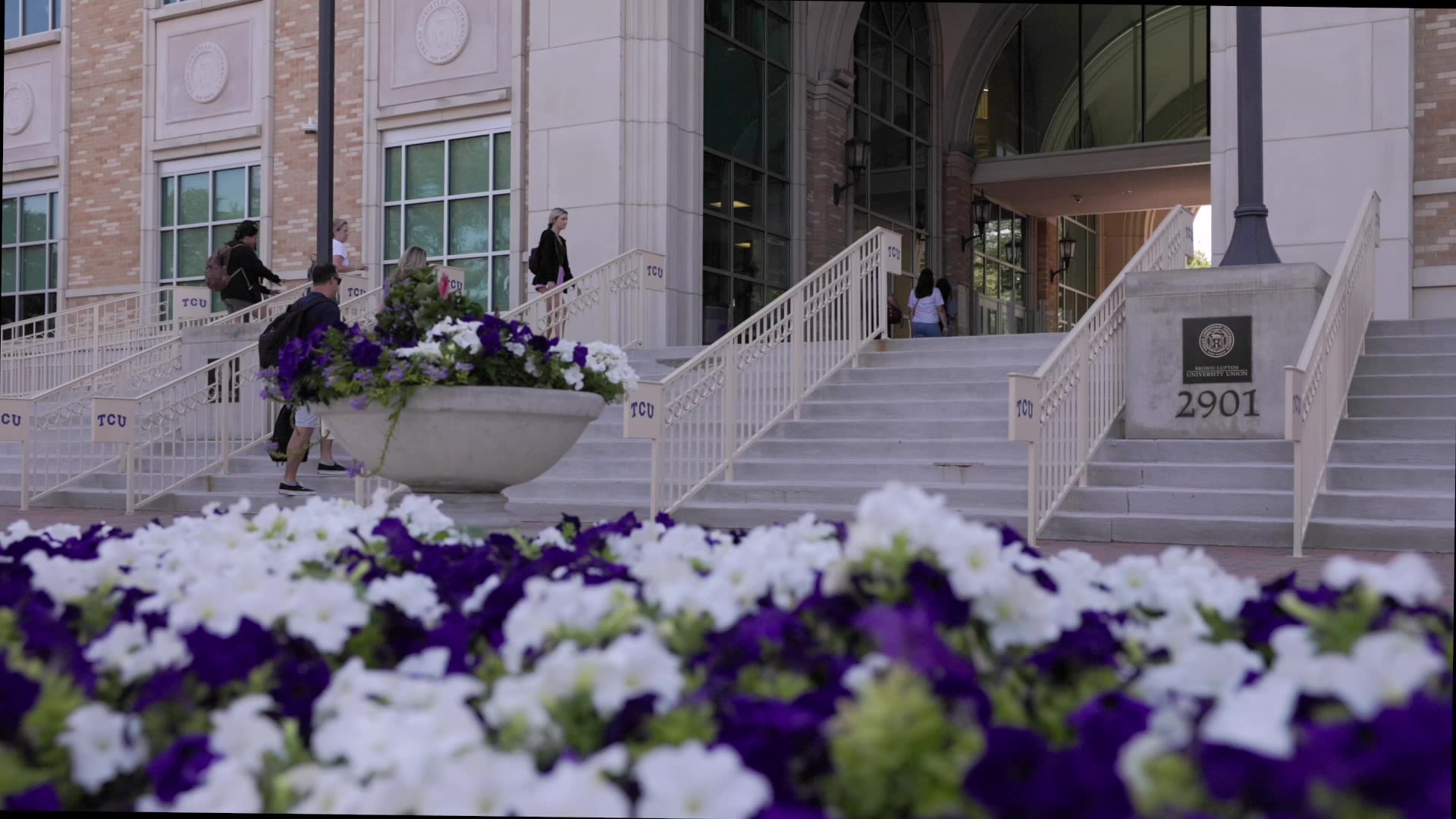
Develop a transparent communications strategy
The college admissions process has become increasingly complex in the past decade. Navigating that process becomes less mentally and emotionally draining when students know they have support from real human beings. Communicating admissions policies without any ambiguity is key to developing trusted connections with prospective students — especially Gen Z, who place a higher value on transparency and community than previous generations.
That’s why Einstein combined policy changes with a new communications strategy that modifies how the TCU admissions team speaks about the process with prospective students and their families.
The admissions team puts themselves in direct contact with prospective students and their families during monthly Facebook Live talks where Einstein and his colleagues answer questions in real-time. And they strengthen these connections by using videos in their social media — often using social media takeovers by a current student or admissions counselor — and email marketing campaigns. “We put ourselves out there personally — every counselor on our staff,” says Einstein.
Responsiveness is also key. TCU’s admissions team averages a 24-hour response time to the general contact inbox to ensure students aren’t waiting on important information. They also set up an automated message for students who have logged into the admission portal excessively over a five-day period. That proactive email speaks to how much TCU cares about the student’s mental health and state of mind. The core message for students: Pause, take a deep breath, and focus on what is really important.
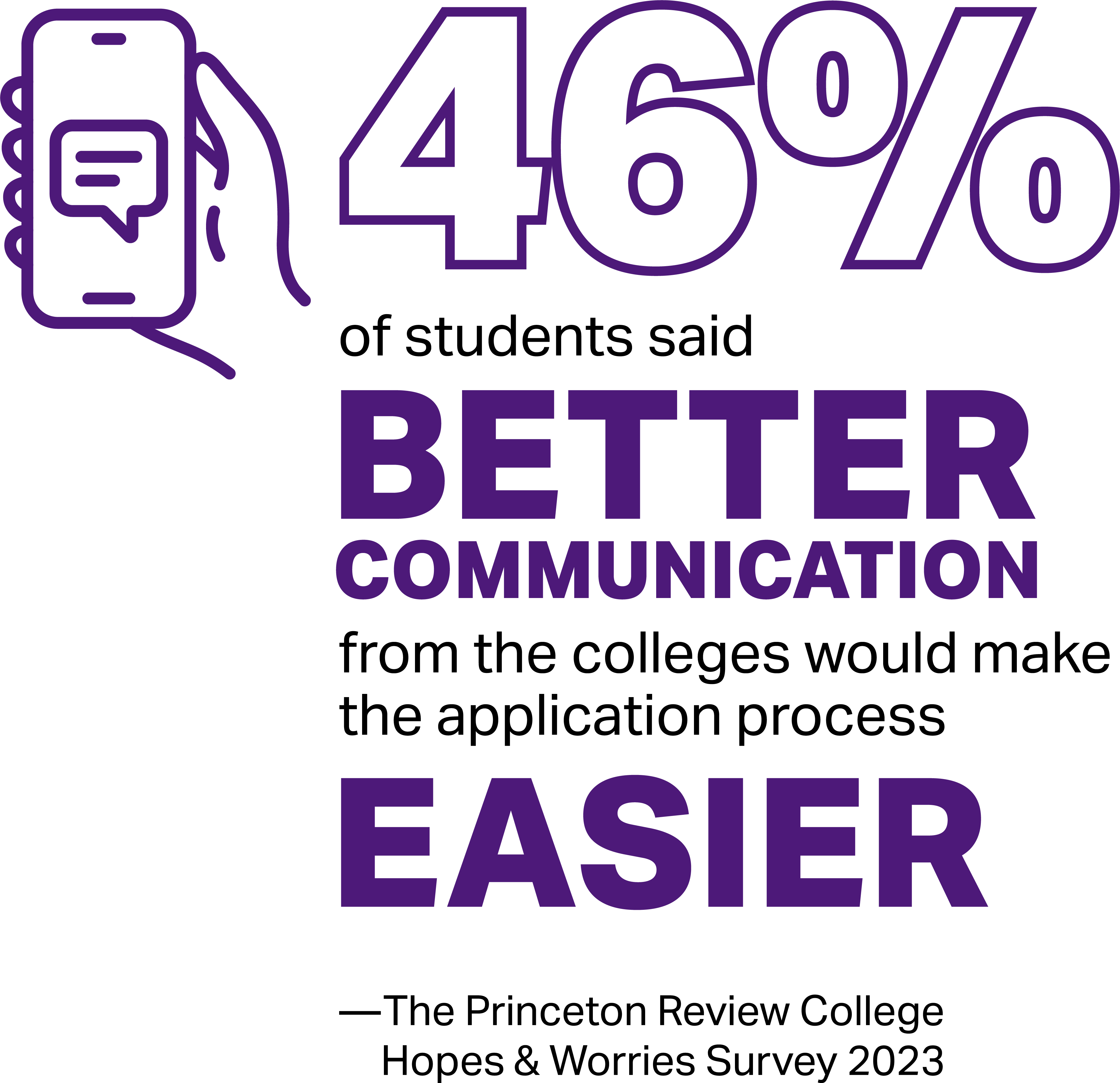
Extend kindness to non-admitted students
Qualitative feedback from these new campaigns at TCU has been overwhelmingly positive. Incoming students feel a stronger connection to the admissions team by having a real person to talk to, and that connection helps everyone communicate more effectively. This is especially true for any disappointing news, such as being denied admission.
In addition to sending a standard “not admitted” decision over email, TCU also sends a compassionate video to students explaining that, while it wasn’t a good match at the moment, denial isn’t necessarily the end of the road for them.
“We didn't feel like the last message we wanted students to hear was ‘no.’ Having a human face and voice that tells them ‘we know how hard you worked to get to this point’ helps honor them and let them know denial doesn't close the book on us forever.” says Einstein. As a university with a significant percentage of transfer students, TCU also provides these students with actionable feedback to strengthen their academic profile so they can bolster their chances if they apply again in the future.

Look at the student experience for results
"There’s a perception, right or wrong, that where you go to college will dictate how the rest of your life unfolds. So, naturally, students and their parents or guardians find applying to college to be a really stressful process,” says Einstein. “Stress isn't necessarily a bad thing, but when it becomes distress, that's bad. Our admissions team has spent a lot of time thinking about how we can combat distress.”
Einstein and his team firmly believe that academic achievement and rigor are still very much an important part of the admissions process at TCU, but not at the cost of a student’s mental health. He cites the new, mental health-focused admissions process as a contributing factor to the rise in academic performance of incoming classes and in the university’s retention rate, along with an emphasis on providing an engaging first-year experience and faculty mentorship.
This incremental uplift overall is a great positive signal for Einstein and his team.
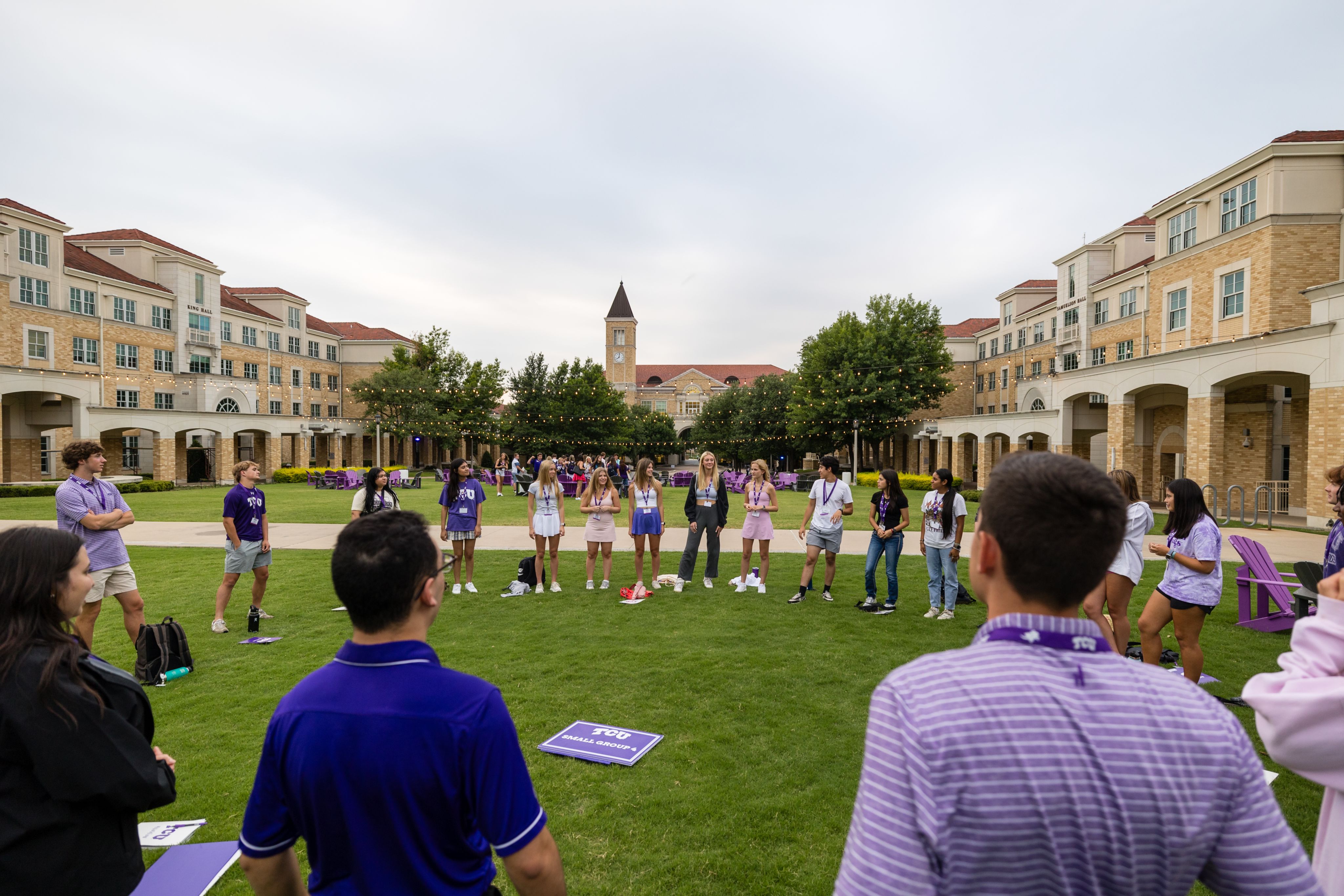
If you’re interested in learning more about TCU’s mental health-focused admissions policy, email Heath Einstein at admissiondean@tcu.edu.
This content was paid for and created by Texas Christian University. The editorial staff of The Chronicle had no role in its preparation. Find out more about paid content.


